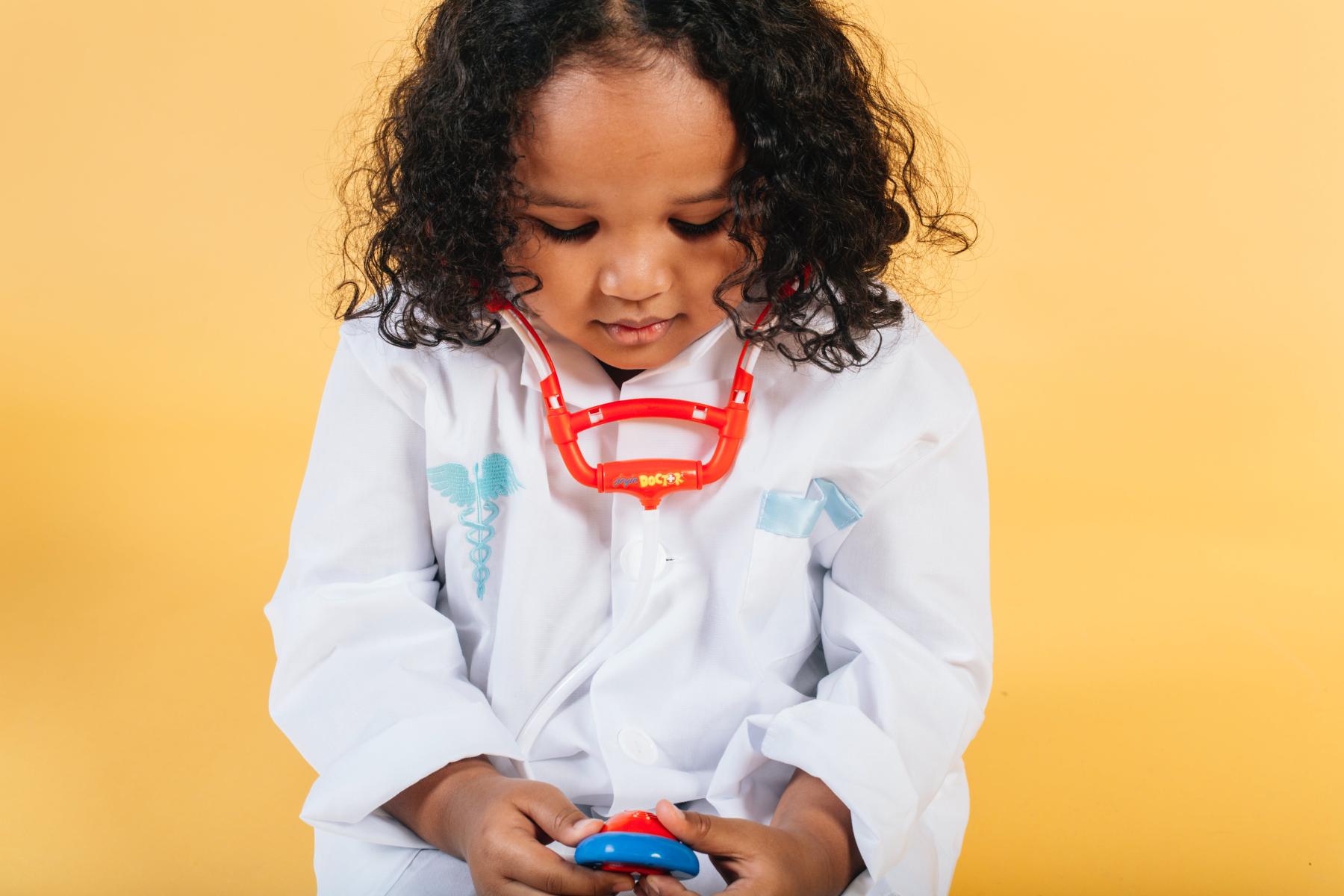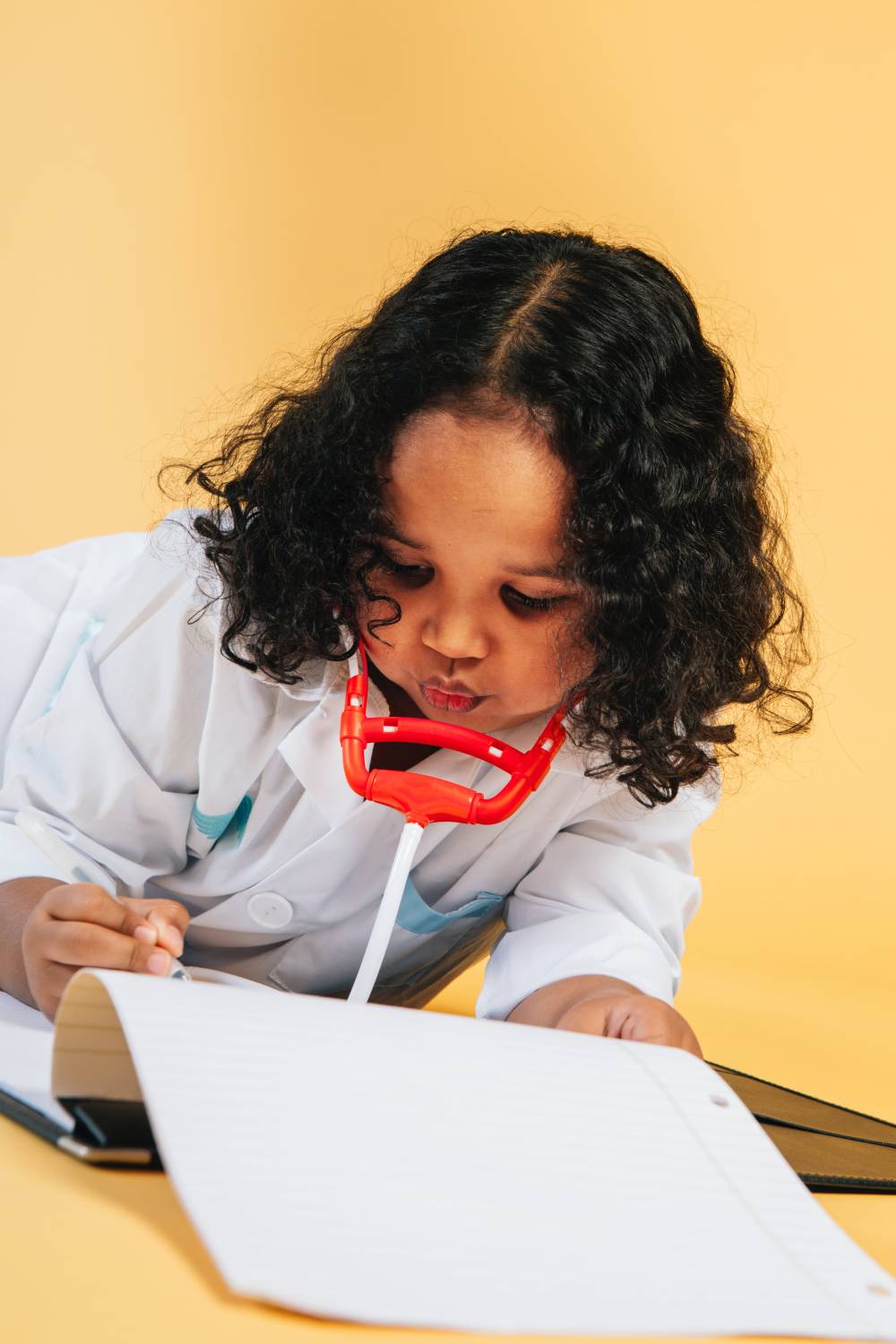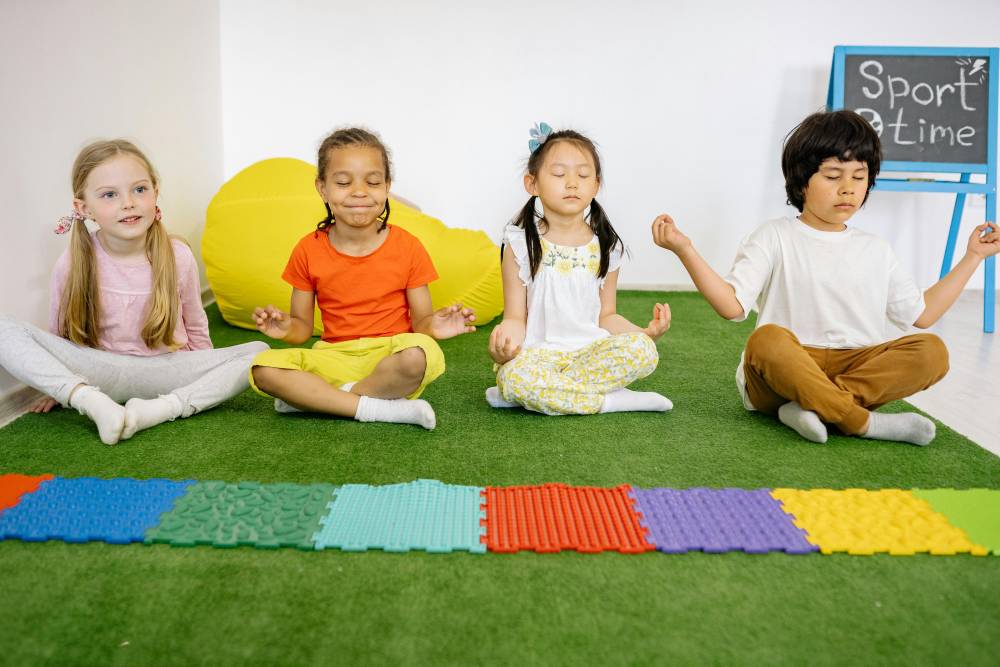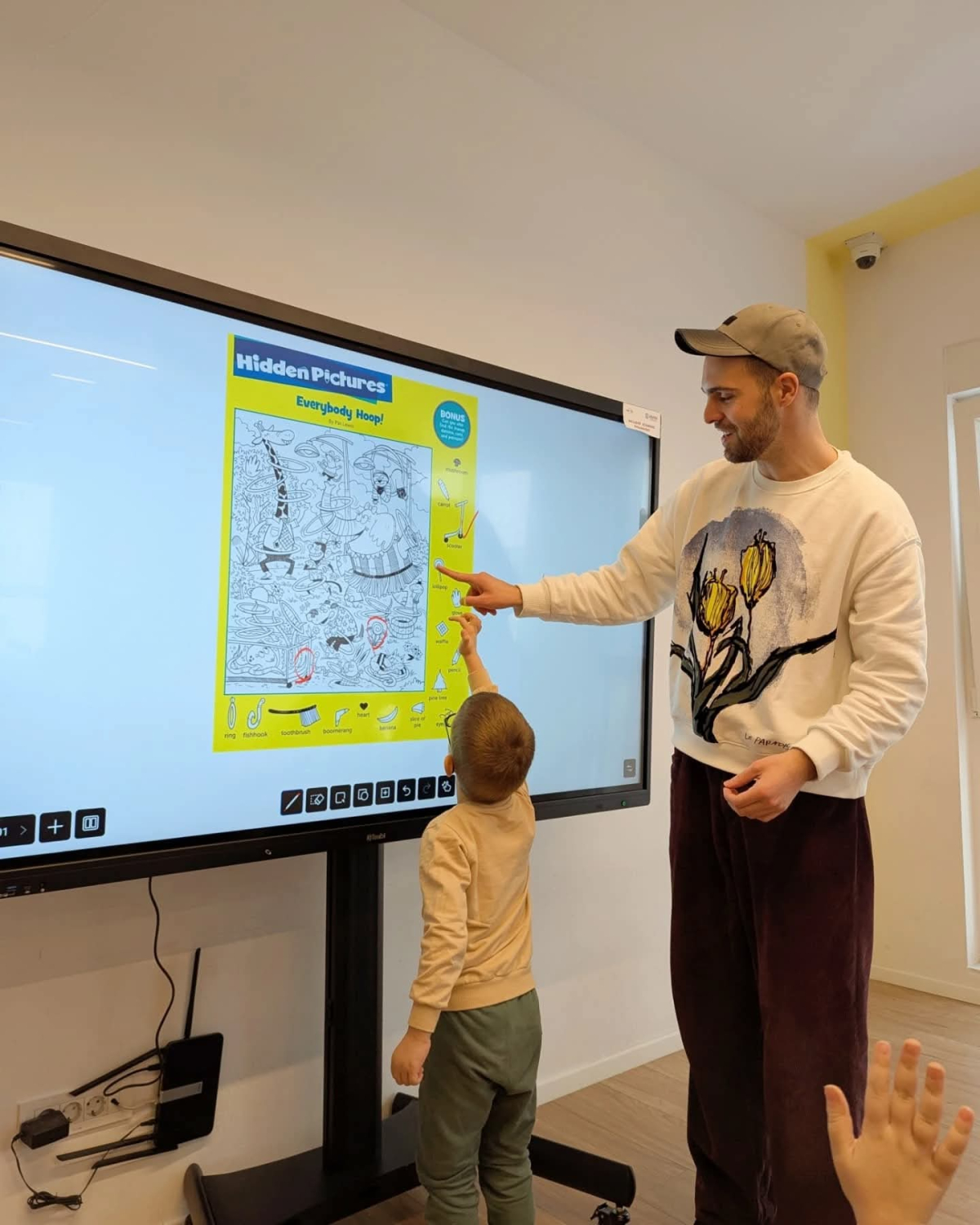The magic of dramatic play lies in its ability to provide an outlet for uninhibited self-expression. Through assuming different roles and scenarios, children delve into a world of imagination where they can experiment with emotions, actions, and ideas. Whether donning a doctor's coat, portraying a fearless astronaut, or becoming a valiant superhero, role play allows them to explore diverse perspectives and understand the world around them.
The pedagogy of role play isn't merely about imitating characters; it's a dynamic process that stimulates cognitive faculties. It nurtures problem-solving skills as children navigate different scenarios, negotiate roles, and resolve conflicts that arise during play. Moreover, it cultivates language and communication skills as they articulate their thoughts and interact with peers, enhancing vocabulary and social awareness.
The Crucial Role of Reflection in Learning
However, the power of dramatic play extends beyond the act itself; it is equally crucial to integrate reflection into this process. Reflection acts as the compass guiding children through their learning journey, encouraging metacognition and deeper understanding.
When given the opportunity to reflect on their experiences, children solidify their learning. Through reflection, they articulate their thoughts, identify challenges faced during play, and contemplate alternative actions, thus refining their problem-solving abilities. This introspective practice enables them to connect their play experiences with real-life situations, fostering a sense of relevance and applicability.
Moreover, reflection in dramatic play facilitates social and emotional growth. It encourages empathy as children ponder upon the feelings and perspectives of the characters they portrayed. They learn to appreciate diverse viewpoints, nurturing compassion and tolerance towards others.
Empowering Children through Play-Based Learning
In today's educational landscape, where emphasis on standardized testing often overshadows the essence of experiential learning, the significance of play-based learning cannot be overstated. Recognizing the inherent value of dramatic play and integrating reflection as an integral part of this process empowers children to become active learners.
Educators and caregivers play a pivotal role in scaffolding these experiences. By creating a nurturing environment that encourages imaginative play, providing diverse props and open-ended materials, and facilitating discussions that prompt reflection, they become catalysts in this journey of exploration and self-discovery.
In conclusion, the amalgamation of dramatic play and reflection forms a symbiotic relationship that enriches the early childhood learning experience. It's not just about pretending; it's about fostering a sense of wonder, curiosity, and resilience in children. Through this magical world of make-believe, children not only learn about the world but also about themselves and their peers, laying a sturdy foundation for their future endeavors.





